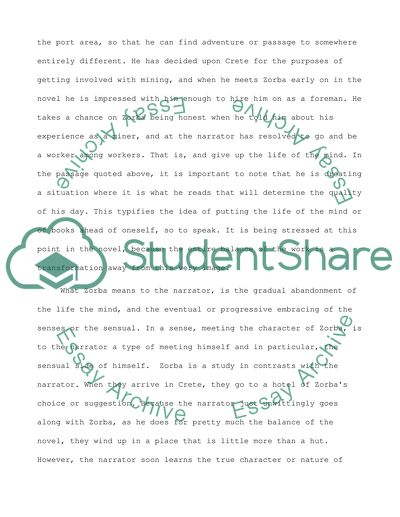Cite this document
(“Zorba the Greek by Nikos Kazantzakis Book Report/Review”, n.d.)
Retrieved from https://studentshare.org/literature/1426365-zorba-the-greek-by-nikos-kazantzakis
Retrieved from https://studentshare.org/literature/1426365-zorba-the-greek-by-nikos-kazantzakis
(Zorba the Greek by Nikos Kazantzakis Book Report/Review)
https://studentshare.org/literature/1426365-zorba-the-greek-by-nikos-kazantzakis.
https://studentshare.org/literature/1426365-zorba-the-greek-by-nikos-kazantzakis.
“Zorba the Greek by Nikos Kazantzakis Book Report/Review”, n.d. https://studentshare.org/literature/1426365-zorba-the-greek-by-nikos-kazantzakis.


